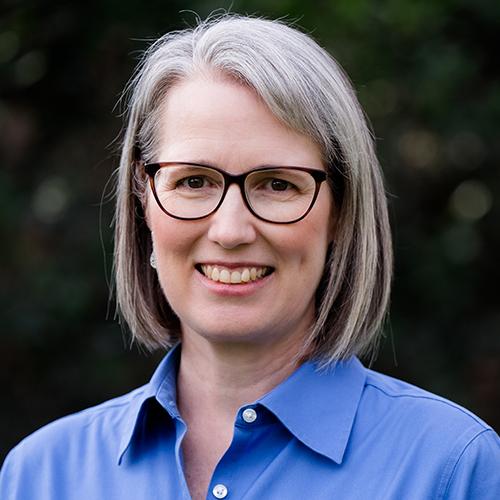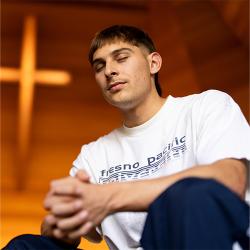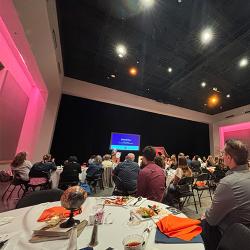Burnout is a label many people claim, often wearing it as a badge of honor. However, not everyone is so deserving of this title. According to the Maslach Burnout Inventory, to legitimately earn the label of burnout, one needs to score high on three markers: exhaustion, cynicism and reduced effectiveness. You may be disappointed that you can’t even succeed at being burned out, but there are additional indicators that you are close to success. If you feel overextended, disengaged or dreading the job you once loved, you are nearly there.
Perhaps you specialize in one of the markers, but your symptoms are not well-rounded enough to warrant the full title of burnout. Men and women tend to manifest different symptoms. Men excel at checking out emotionally, while women specialize in exhaustion. While there is overlap in our symptoms, social expectations often skew people toward shut down or running ourselves ragged. Women are often expected to constantly care for others, what Emily Nagoski calls the “human giver syndrome,” giving until there is absolutely nothing left to give. Men are taught to disengage, protecting their last bit of energy by checking out. Different scripts but same outcome: burnout.
If you have earned the title of burnout through either of these pathways, you may also be overachievers in trying to remedy the problem. When overwhelmed with the many demands placed on you to succeed, rescue, or produce, you may blame yourself. If you believe you are the problem, then you must be the solution. You commit to trying harder. Believing self-care is the antidote to burnout, your task list expands to include meditation, time in nature or coffee with friends. Despite your best efforts, the burnout symptoms remain.
That is because burnout is a result of excessive demands placed on you by others or your own expectations. You drown under the endless tasks and deadlines that can never be met. You plummet into the big three: exhaustion, cynicism and ineffectiveness. The combination of incompetence and overwhelm sucks the life out of you.







